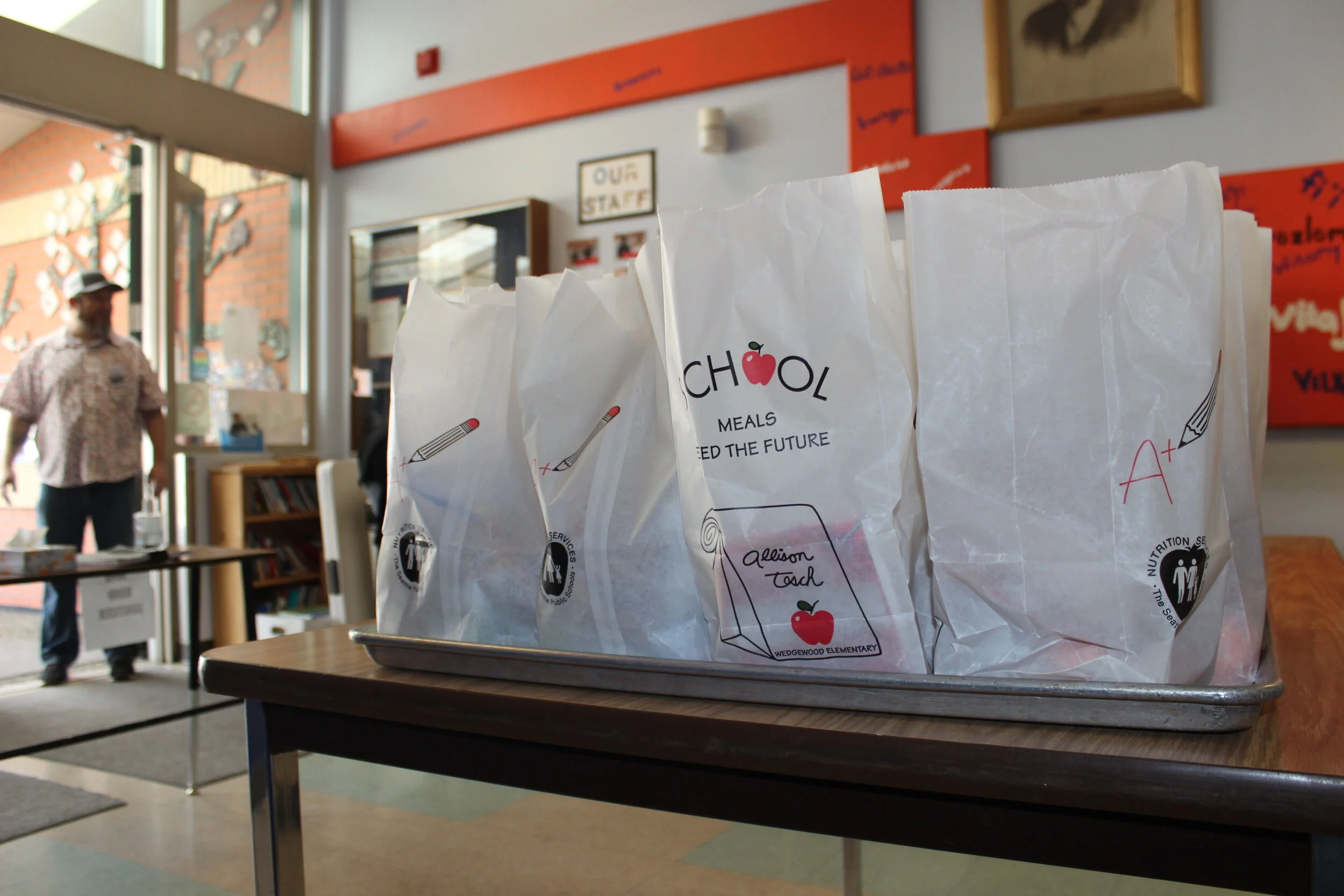Colorado launches emergency child care for those on the front lines of coronavirus — and it’s free for now
Colorado Launches Free Emergency Child Care for Those on the Frontlines of Coronavirus By Ann Schimke, Chalkbeat, March 23, 2020 (about child care for health workers) (special rules: follow Chalkbeat’s rules for republishing)
A new effort to provide care for the children of thousands of hospital staff and emergency responders in Colorado kicked off Monday with around 900 children linked up with nearby child care providers.
The initiative covers a small slice of the tens of thousands of young children estimated to need care so their parents can work at essential jobs during the coronavirus pandemic, but leaders and participating child care providers say it represents an impressively fast response that will grow in the coming days.
State officials and more than a dozen early childhood groups spearheaded the emergency child care campaign last week after a wave of school and child care center closures set off fears that health professionals and first responders wouldn’t be able to do their jobs without a safe place to send their children.
Child care at the more than five dozen participating centers and licensed homes — most in the Denver metro area — is free for essential workers this week and next week because of funding from the state and several private companies and foundations. In future weeks, parents may be charged on a sliding-scale basis, but the details are in flux.
Norman Deeba, president of Hope Montessori Academy, which has four locations in metro Denver and four in Colorado Springs, said all eight centers were open for children of essential workers Monday. Most served just a handful of children — ranging from babies to an 11-year-old — but Deeba fielded new inquiries from parents as the day went on.
The drop-off procedure was a bit different than usual Monday. Parents were asked to drop their children at the front door instead of entering the building, and staff checked children’s temperature before escorting them to their classrooms.
Deeba said when he heard about the emergency child care initiative last week, he immediately signed up.
“I felt we had a duty to serve,” he said. “We want to do our part.”
He said Hope Montessori staff members were invited but not required to participate and some opted out because they were pregnant, over 50, or vulnerable to the new coronavirus for other reasons. Overall, about 60% of his staff was on the job Monday. No one will lose their job for not being able to work during this period, Deeba said.
Like Colorado schools, many of the state’s child care centers announced two- to three-week closures in mid-March in a bid to help slow the transmission of the coronavirus. But shortly after the spate of announcements, the state called on child care centers to remain open to help essential workers.
That was the beginning of the effort, spearheaded by the Denver-based philanthropy group Gary Community Investments, to create and at least partially fund emergency child care.
“The child care providers are the real heroes in this effort and have been so enthusiastic and gracious,” said Meg Franko, director of research and policy at Early Milestones Colorado, one of the partners in the effort.
She said a total of 1,015 families — with 1,700 children — were matched with providers over the weekend. As of Monday morning, about 45% of those had found other arrangements or declined to use the provider they were matched with for other reasons.
Noreen Landis-Tyson, who runs a network of federal Head Start preschool and child care classrooms in Colorado Springs, reopened three classrooms in Tatum Preschool Center on Monday for essential workers. While she received no immediate takers for the 20 available slots, including 10 for infants and toddlers, she expected that might change by the end of the week as more people hear about the option.
Like other providers, Landis-Tyson said her program will reduce class sizes while caring for children during the pandemic. Infant and toddler classes will be limited to five children instead of the usual eight, and preschool classes will be limited to 10 children instead of the usual 20.
“It’s our version of social distancing,” she said.
Landis-Tyson said she’s impressed with how quickly leaders were able to pull together child care providers — essentially a disparate group of private businesses — to create an emergency child care system.
“This whole thing has been set up in essentially eight days,” she said. “It’s not perfect, but I bet you anything we’re going to hear over the next few days that the number of kids being cared for throughout the state is pretty phenomenal.”
Parents who are essential workers must fill out this survey to be matched with a local child care provider for emergency care. Essential workers include health care workers, including janitorial staff, police officers, firefighters, EMTs, and staff at long-term care, mental health, and other residential facilities.






